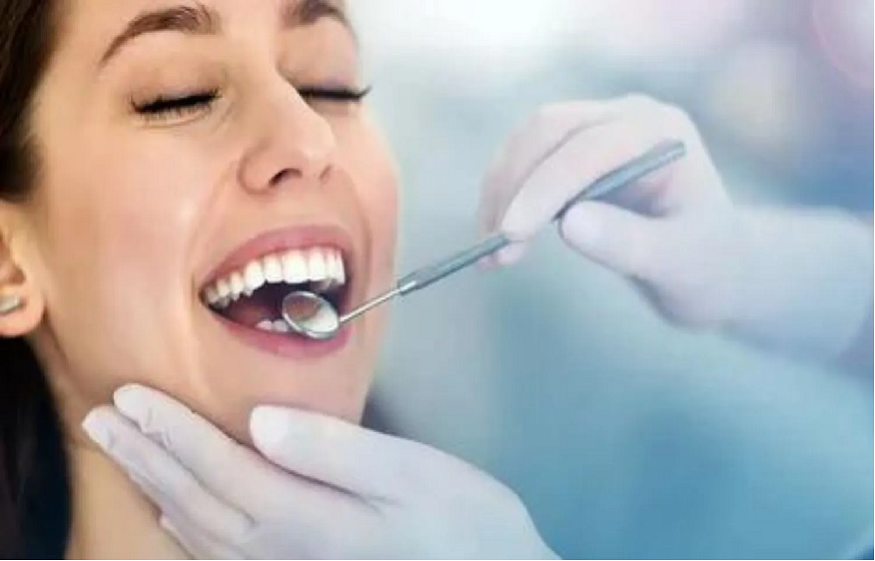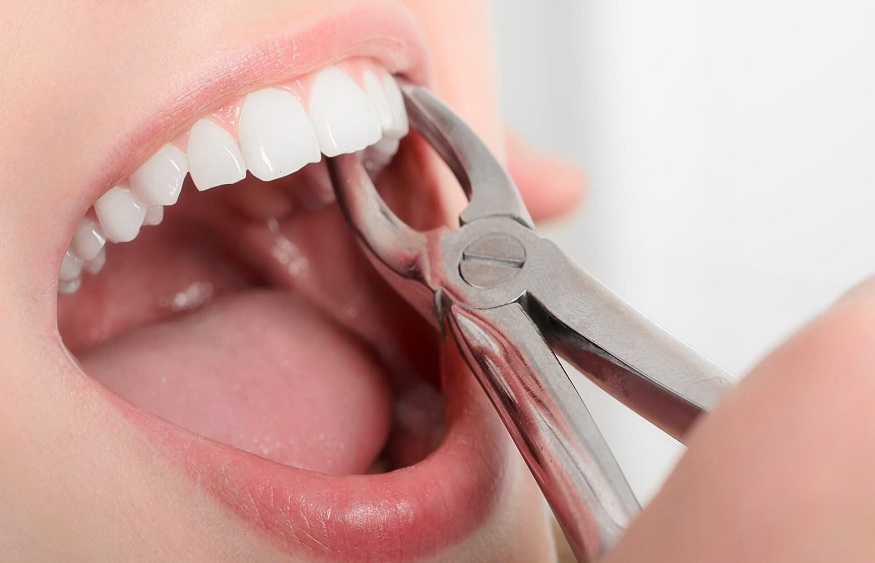Tooth soreness is a common oral problem that can make your daily life very hard. It causes quick, sharp pain in your teeth that is often brought on by things that are hot, cold, sweet, or acidic.
To control and stop this sensitivity, it is important to know what makes it happen. You might want to come to our office if you are looking for a family dentistry Oshawa.
Why do teeth become sensitive?
Stiff teeth are caused by the dentin, which is the layer below the hard enamel. There are tiny tubes in the dentin that lead to the nerve in the middle of the tooth. When the enamel or gum tissue goes away, these tubules show. This lets pain-causing substances from the outside reach the nerve.
This exposure can be caused by a number of things, including:
- Brushing too hard: Tooth enamel and gum tissue can be worn away by brushing too hard or using a toothbrush with hard bristles.
- Gum disease: One typical sign of gum disease is gum recession, which reveals the root area and makes teeth more sensitive.
- Damage to the tooth: Chips, cracks, or old fillings can let triggers get to the nerve.
- Teeth grinding: When you clench or grind your teeth, you can wear down the enamel and make your teeth sensitive.
- Acid erosion: Eating and drinking a lot of acidic things can wear away enamel, making teeth sensitive.
- Certain dental procedures: Some dental implants and teeth-whitening treatments can temporarily make teeth more sensitive.
Recognize the signs of sensitive teeth.
If any of these things happen to you, your teeth may be sensitive:
- Sharp pain: Sudden, sharp pain in your teeth that gets worse when you eat or drink something hot, cold, sweet, or acidic.
- Cold air sensitivity: Feeling bad when you breathe in cold air.
- Pain while brushing: Your teeth feel sensitive when you brush them, especially when you use cold toothpaste.
How to manage and prevent tooth sensitivity.
Some good ways to deal with and avoid tooth pain are listed below:
- Gentle brushing: Use a toothbrush with soft bristles and brush in small circles.
- Desensitizing toothpaste: Use toothpaste that is made to make teeth less sensitive. There are chemicals in these toothpastes that block the tubules in the dentin, which stops impulses from getting to the nerve.
- Limit acidic foods and drinks: Eat and drink less citrus fruits, soda, and wine, which are all acidic.
- Do not grind your teeth: If you do this, you might want to wear a mouthguard at night to protect your teeth.
- Frequent dental checkups: Make an appointment for frequent dental checkups to keep an eye on your oral health and catch any problems early.
- Professional treatments: If the problem is serious, your dentist may suggest professional treatments like fluoride treatments, tooth bonding, or gum grafts to protect the roots that are showing and lessen the pain.
You can effectively treat sensitive teeth and enjoy a pain-free smile by learning about the reasons and taking preventative steps. Remember that getting help early is the best way to stop more pain and damage.
Be proactive towards your oral health.
To learn more about the science behind sensitive teeth, it is important to know what the pulp, the soft tissue inside the tooth that houses nerves and blood vessels, does. The dentin tubules become visible when the pulp is stimulated, making a straight path for pain to occur.
Aside from the things already mentioned, tooth sensitivity can also be caused by medical conditions like acid reflux and eating problems. Tooth enamel can be worn down by acid reflux, and eating problems can make people brush their teeth too much, which can also wear down enamel and gum tissue.
If you take care of your oral health, you can greatly lower your chances of getting painful teeth. This means taking care of your teeth and gums, going to the dentist regularly, and making smart decisions about what you eat and how you live. Remember that a mouth that is healthy is a mouth that is happy.





